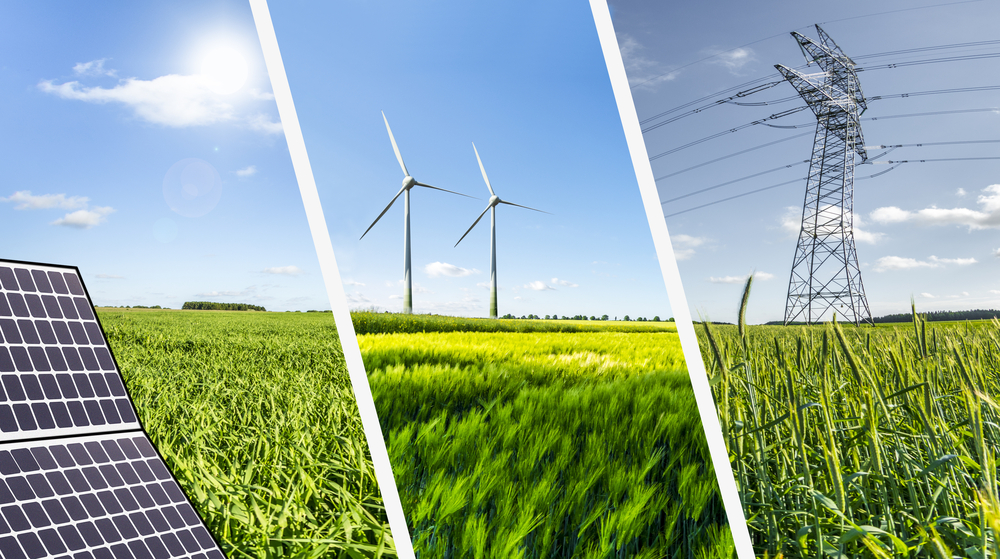Renewable energy, also acknowledged as ‘Clean Energy’, is an all-encompassing term referring to energy that is produced using only the earth’s natural resources, like sunlight, wind, water resources (rivers, tides and waves), heat from the earth’s surface, or biomass. The process by which these renewable resources are converted into actual energy avoids the dangerous emission of greenhouse gases.
Renewable and clean energy plays a fundamental role in achieving EU’s energy and climate objectives. The global energy crisis has made it fundamental to increase the amount of renewable and clean energy in the EU as soon as possible. Standards play an important role to ensure access to affordable, reliable, sustainable and modern energy for all, i.e. to reach the 7 Sustainable Development Goal, Affordable and Clean Energy. Therefore, the EU has set up HSbooster.eu to link research, innovation and standards to increase valorisation of EU urgencies such as the European energy supply chain.
The EU sits at the forefront of the renewable and clean energy change and has taken tangible measures to boost market uptake. In 2019 the EU renewed its energy policy framework to speed up the transition from fossil fuels towards cleaner energy - and, more specifically, to deliver on the EU’s Paris Agreement commitments for reducing greenhouse gas emissions.
The agreement on this new energy rulebook – called the Clean energy for all Europeans package – marked a significant step towards implementing the energy union strategy, published in 2015. By coordinating these changes at EU level, the legislation also underlines EU leadership in tackling global warming and makes an important contribution to the EU’s long-term strategy of achieving carbon neutrality (net-zero emissions) by 2050.
As set in the European Green Deal strategy the European Union needs to maintain its position as a modern, resource-efficient and competitive economy. Among the main measures to achieve these goals is the Renewable Energy Directive (2009/28/EC). The Commission proposed a revision in 2021 to better align it with the increased climate objectives, following the release of the Green Deal strategy. The directive sets a common target – currently at 32% – for the amount of renewable energy in the EU’s energy consumption by 2030. The proposed revision and the REPowerEU plan, presented in May 2022, suggest further evolution of the target to accelerate the take-up of renewables in the EU.
Research and innovation have a crucial role to play in developing new and continuously improved technologies and methods that can speed up the transition to a more sustainable energy supply in Europe. Standards play a key role in getting these technologies to market.
There are more than 200 standards related to energy efficiency and renewables, with many more under development. These ensure the reliability and interoperability of devices and systems, which encourages the transition to renewable and clean energy sources and opens up markets for innovations that address the global energy challenge.
Several Standard Development Organisations (SDOs) have set up relevant Technical Committees and Working Groups on renewable and clean energy-related topics. A non-exhaustive list includes:
- CEN/CLC/TC 6 - Hydrogen
- ISO/TC 197 Hydrogen technologies
- CEN/TC 234 – Gas infrastructure
- CLC/SR 35 Primary cells and batteries
- CLC/TC 21X Secondary cells and batteries
- CENELEC TC 88 Wind Turbines
- IEC TC 88 Wind energy generation systems
- CEN/TC 312 Thermal solar systems and components
- ISO/TC 180 Solar Energy
- IEC/TC 114 Marine energy - Wave, tidal and other water current converters
European research and innovation projects currently have the opportunity to apply for the free consultancy service supplied by HSbooster.eu to get advice on how to include standards and standardization in their projects. For more information, please contact info@hsbooster.eu or apply here.


